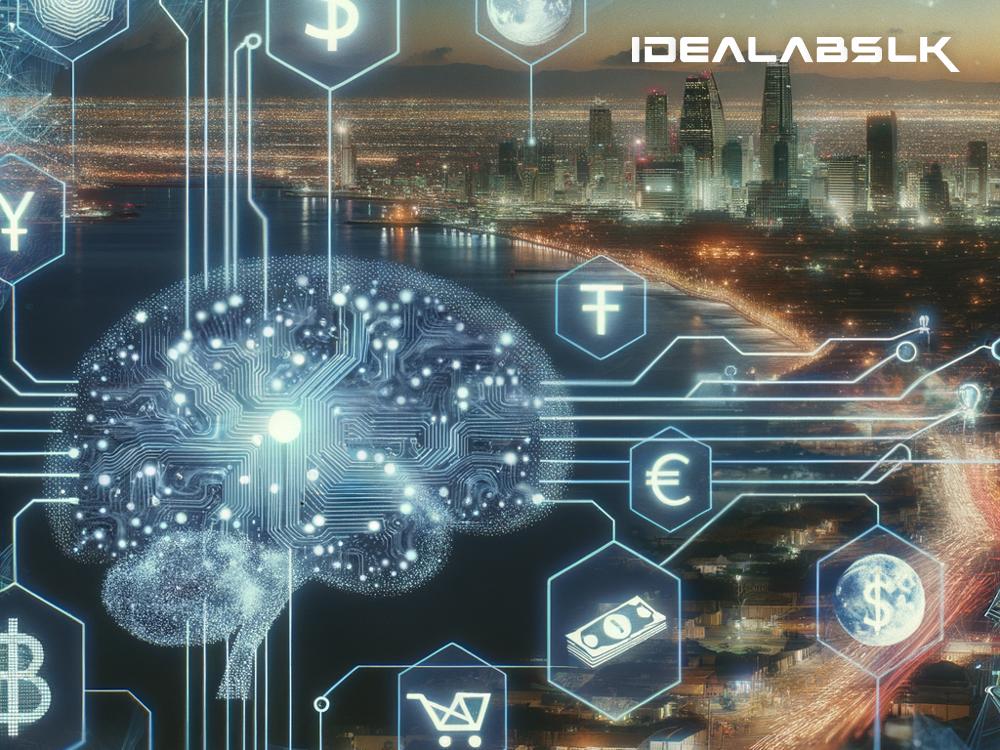The Role of AI in Future Predictive Banking
In the last few years, one word has been constantly buzzing in the financial sphere: AI, short for Artificial Intelligence. AI has gradually made its way into various aspects of our lives, and banking is no exception. The world of banking is on the cusp of a revolution, thanks in large part to AI's potential to predict future trends and customer needs. This leap towards predictive banking is not just a possibility; it's becoming the new norm.
So, what exactly is predictive banking, and how is AI playing a pivotal role in shaping its future? Let's dive in.
Understanding Predictive Banking
Predictive banking is essentially the use of data, statistical algorithms, and machine learning techniques to identify the likelihood of future outcomes based on historical data. In simpler terms, it's about using what we know to predict what we don't know. For banks, this could mean predicting what financial products a customer might need, identifying potential fraud, or understanding market trends to make more informed decisions.
AI: The Catalyst of Change
-
Personalized Banking Experience: One of the most visible impacts of AI in banking is the move towards personalization. AI helps banks analyze massive amounts of data on customer behavior, transaction history, and preferences. This analysis allows banks to offer customers personalized financial advice, recommend products, and even predict future needs. Imagine receiving a notification for a loan product that perfectly fits your needs and at just the right time – that's predictive banking in action.
-
Fraud Detection and Prevention: AI's ability to analyze patterns and detect anomalies comes in handy in combating fraud. By learning from historical fraud data and constantly updating its knowledge, AI can flag unusual transactions that might indicate fraudulent activity. This proactive approach means banks can prevent fraud before it happens, saving millions and protecting customers.
-
Risk Management: Lending is a core function of banks, and with it comes the risk of defaults. AI can predict the risk associated with lending to particular individuals or businesses by analyzing their financial history, market trends, and even social media behavior. This predictive capability enables banks to make more informed lending decisions, minimize risk, and even tailor interest rates and loan terms to individual risk profiles.
-
Operational Efficiency: AI can predict when banking systems might fail or when they might be under threat from cyber-attacks. By forecasting these events, banks can take preventive measures, ensuring smoother operations and better customer service. Moreover, AI can streamline internal processes, reducing costs and freeing up human employees to focus on more complex tasks.
The Road Ahead: Challenges and Opportunities
While the potential of AI in predictive banking is vast, it's not without its challenges. Concerns around data privacy, security, and ethical use of AI are paramount. There is also the challenge of integrating AI technologies into legacy banking systems that were not designed to handle such advanced capabilities.
However, the opportunities far outweigh the challenges. As AI technologies evolve, they will become more accessible and easier to integrate. Banks that embrace AI will not only stay ahead in terms of competitive advantage but will also lead the charge in shaping a future where banking is more personalized, secure, efficient, and, importantly, more in tune with customer needs.
Final Thoughts
The role of AI in future predictive banking is transformative, to say the least. We're looking at a future where banking is not just about transactions but about deeply understanding and predicting customer needs and behaviors. As AI continues to evolve, its role in banking will only get stronger, making predictive banking not just a buzzword but a reality that could redefine the financial services landscape as we know it.
Predictive banking powered by AI offers a glimpse into a future where our banking experiences are seamless, deeply personalized, and far more secure. The journey towards this future is well underway, and it's an exciting time to watch how AI will continue to shape the world of banking in the years to come.

